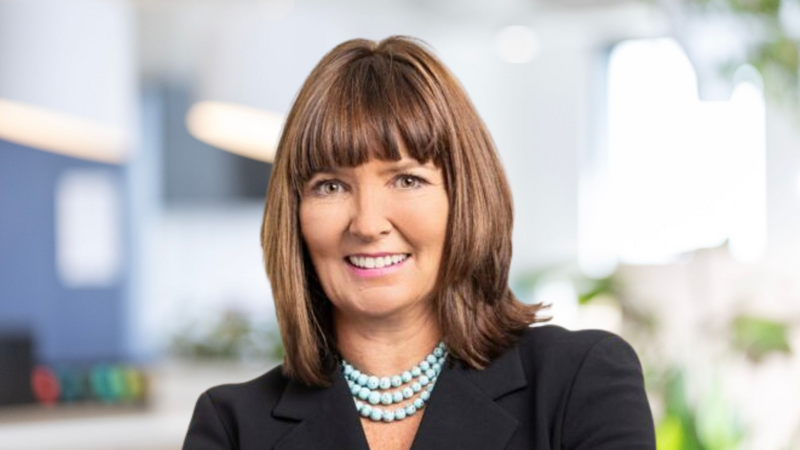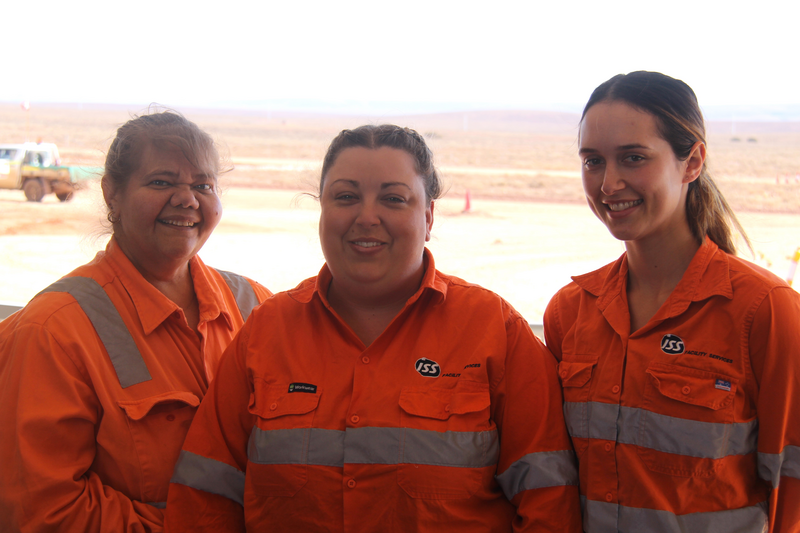What makes you proud to be a female leader working at ISS in Energy & Resources?
Women bring different perspectives and approaches to problem-solving when they are given the opportunity to participate in the problem-solving process. ISS has 6275 female employees in our Australian business which represents 52% of our workforce. Clearly, we understand the importance of diversity. The continued success of ISS in the Energy & Resources sector will rely on innovative thinking and unique solutions, enhanced by women delivering diversity of thought within our team.
Personally, I am proud that my career to date has enabled me to have the courage, skills and determination to enter into a leadership role in a traditionally male dominated field and the opportunities this will provide me for future growth.
What advice would you give to women starting out in FM services?
Great facilities managers need to be able to work in both hard and soft skills. Having a working knowledge of the technical aspects of facility management is crucial. You don’t need to be an expert in everything but you do need to have a working understanding of things such as building systems, HVAC systems, project management, and EHS legislation. This gives you credibility in both strategic and operational conversations.
Today’s biggest challenge for gender equity in the workplace, in your opinion?
Women are still underrepresented in leadership roles, particularly in industries like technology, finance, engineering and FM. This underrepresentation can perpetuate a cycle where there are fewer role models and mentors for aspiring female leaders. There are so many reasons for this and my experience of living and working in different cultures has given me insight into one element which is the gendered expectations and norms still persistent in some cultures and industries.
Career choices for women can still be limited based on ingrained norms that dictate ‘appropriate’ roles and behaviours for women. The intersection of gender with other aspects of identity like race, ethnicity, age, and socio-economic background definitely make gender equity a more complex issue.
Women also face greater challenges in balancing work and family responsibilities. Thankfully, through the implementation of policies that enable greater access to parental leave for both mothers and fathers, that challenge is easing to a point. However, there is a continued gap in availability and affordability of childcare, and other support options for parents who work outside of the home once they are through those maternity and paternity leave stages.

